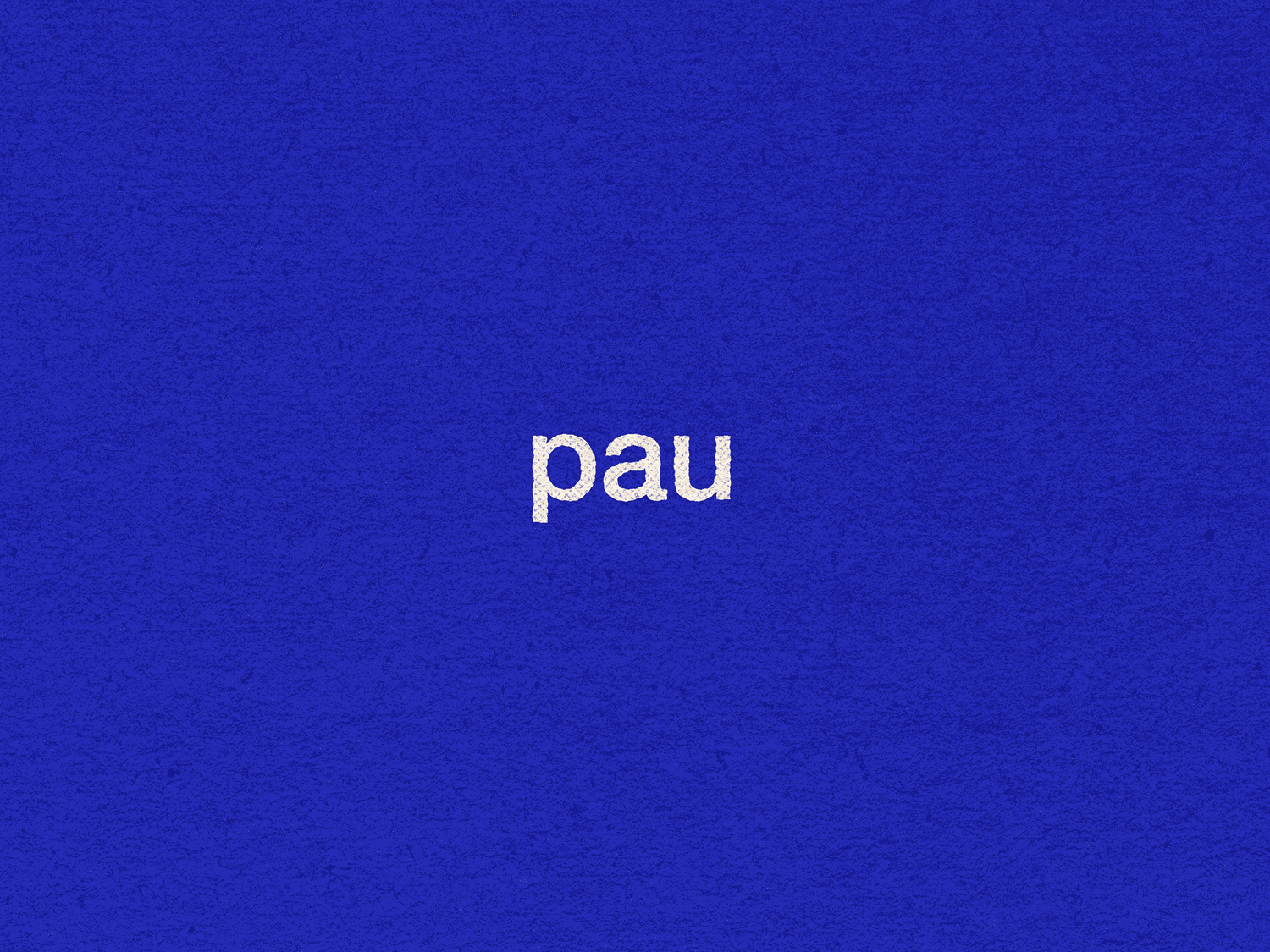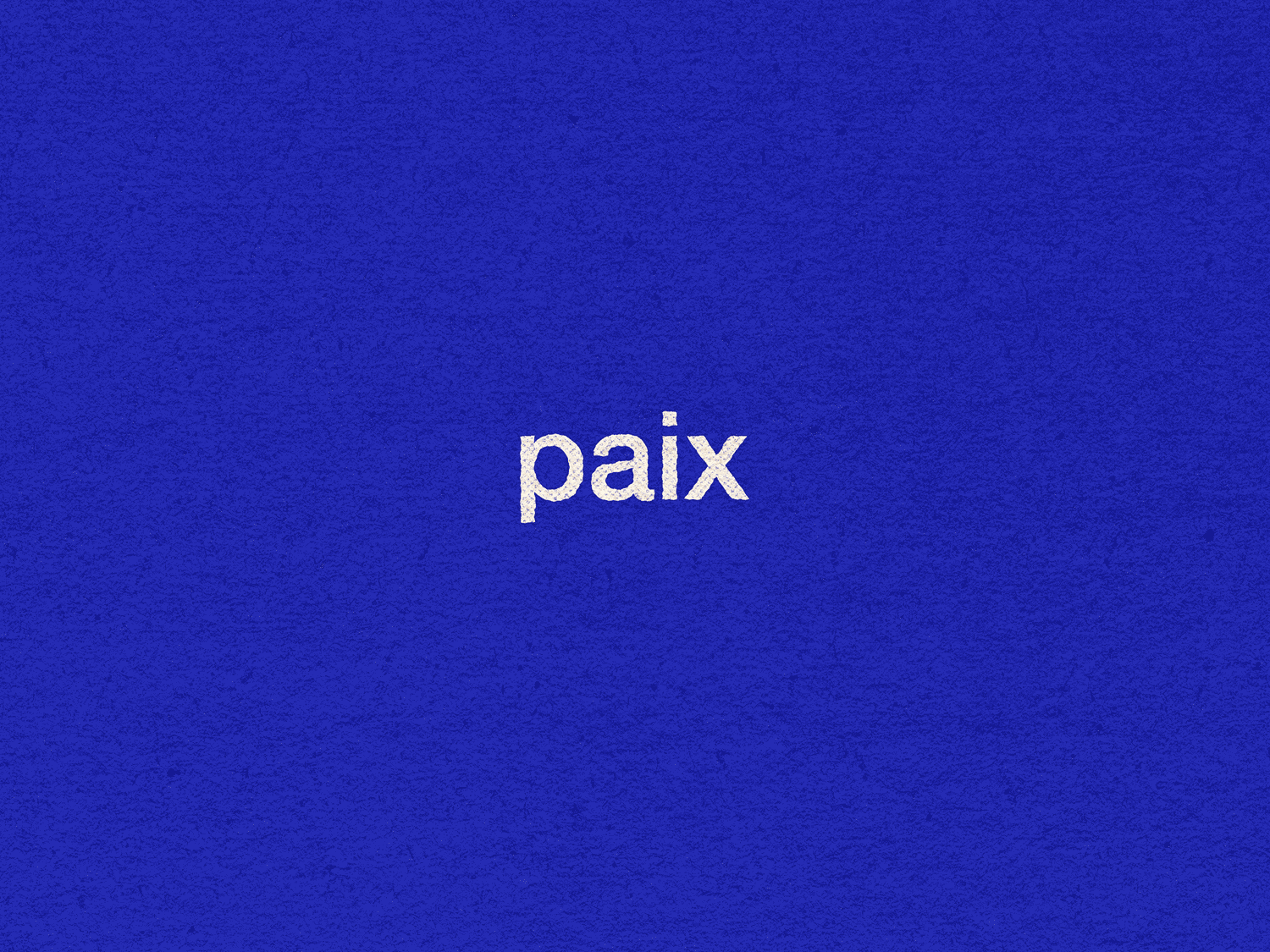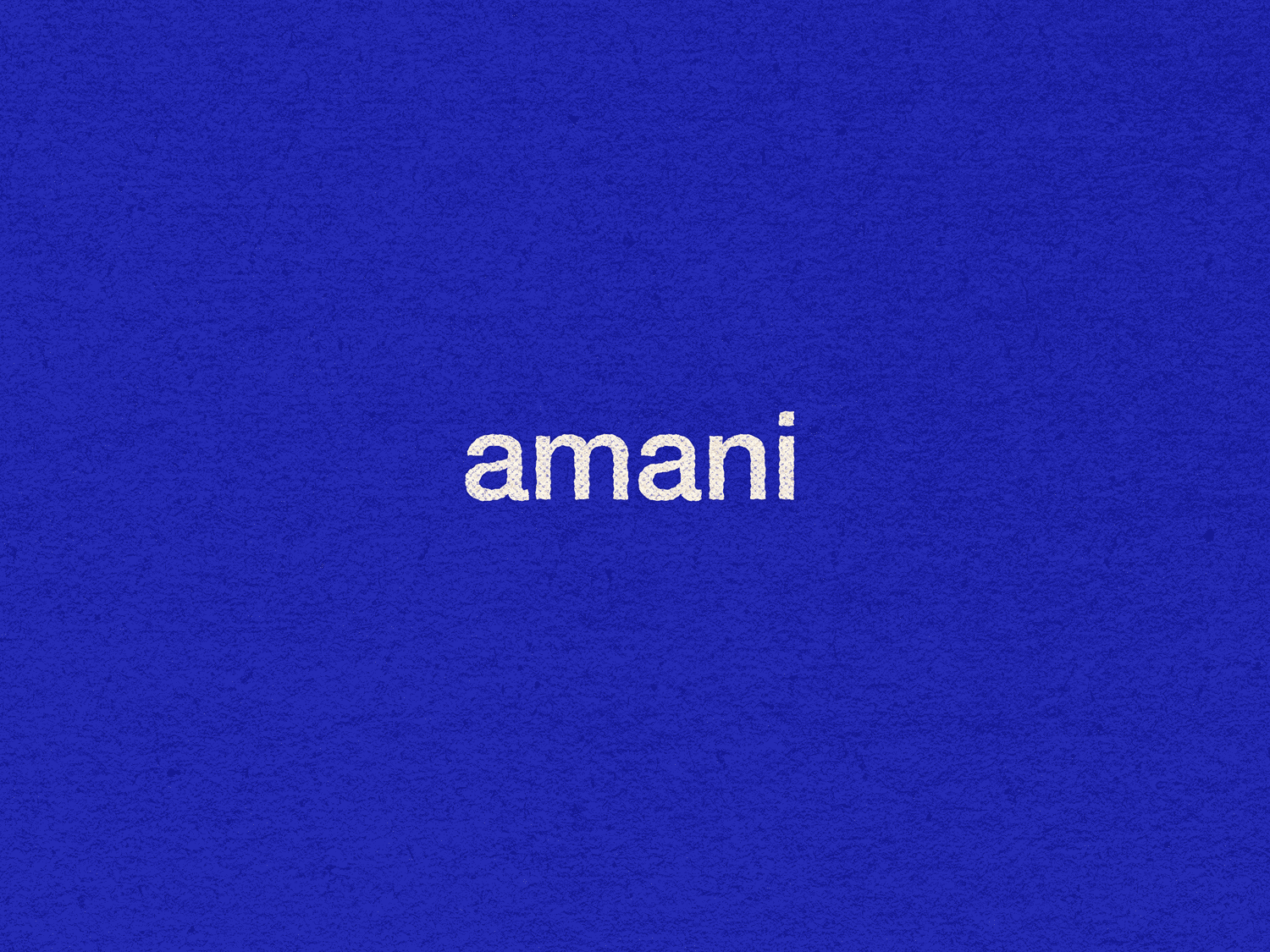Chandra Lacombe
New singles (2024)


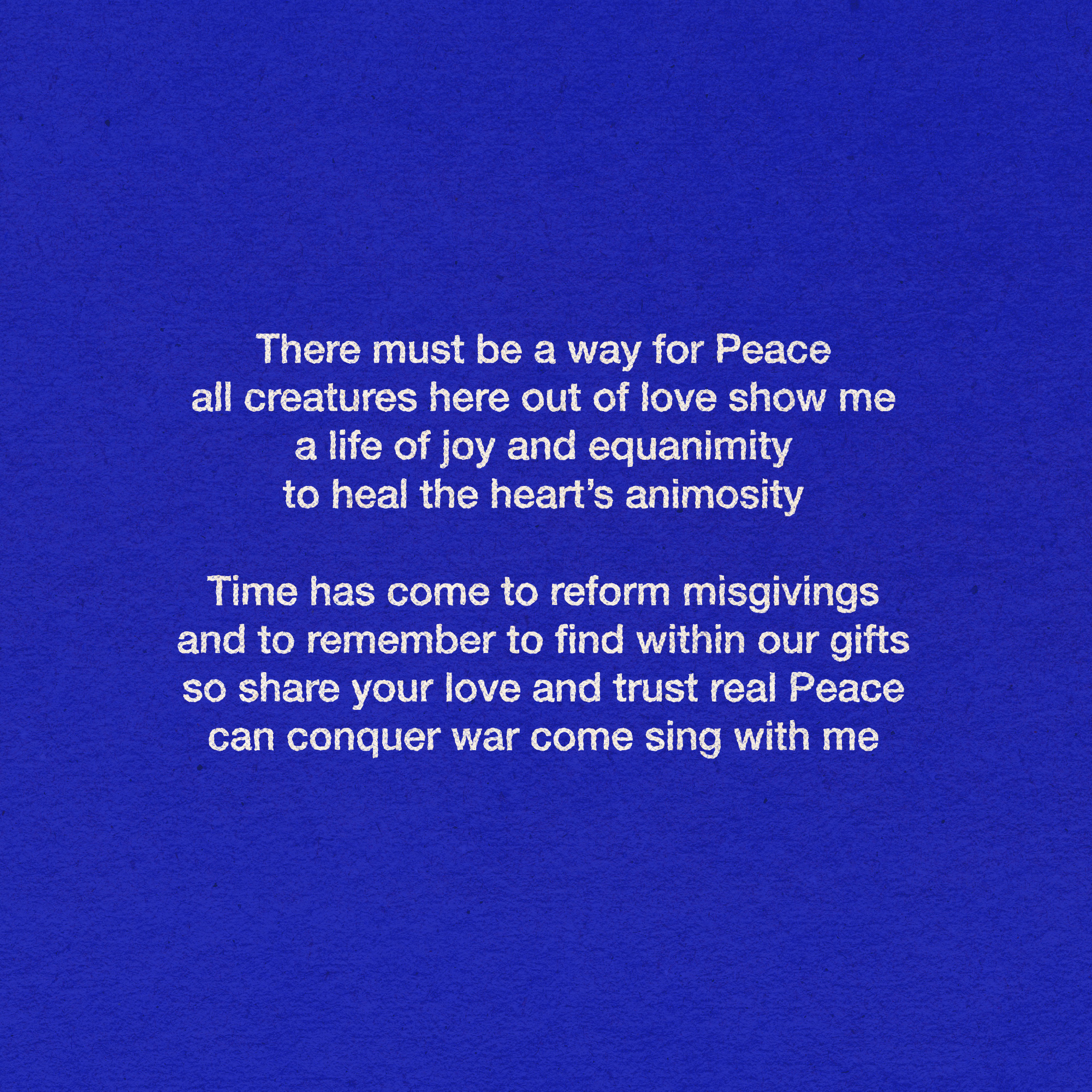
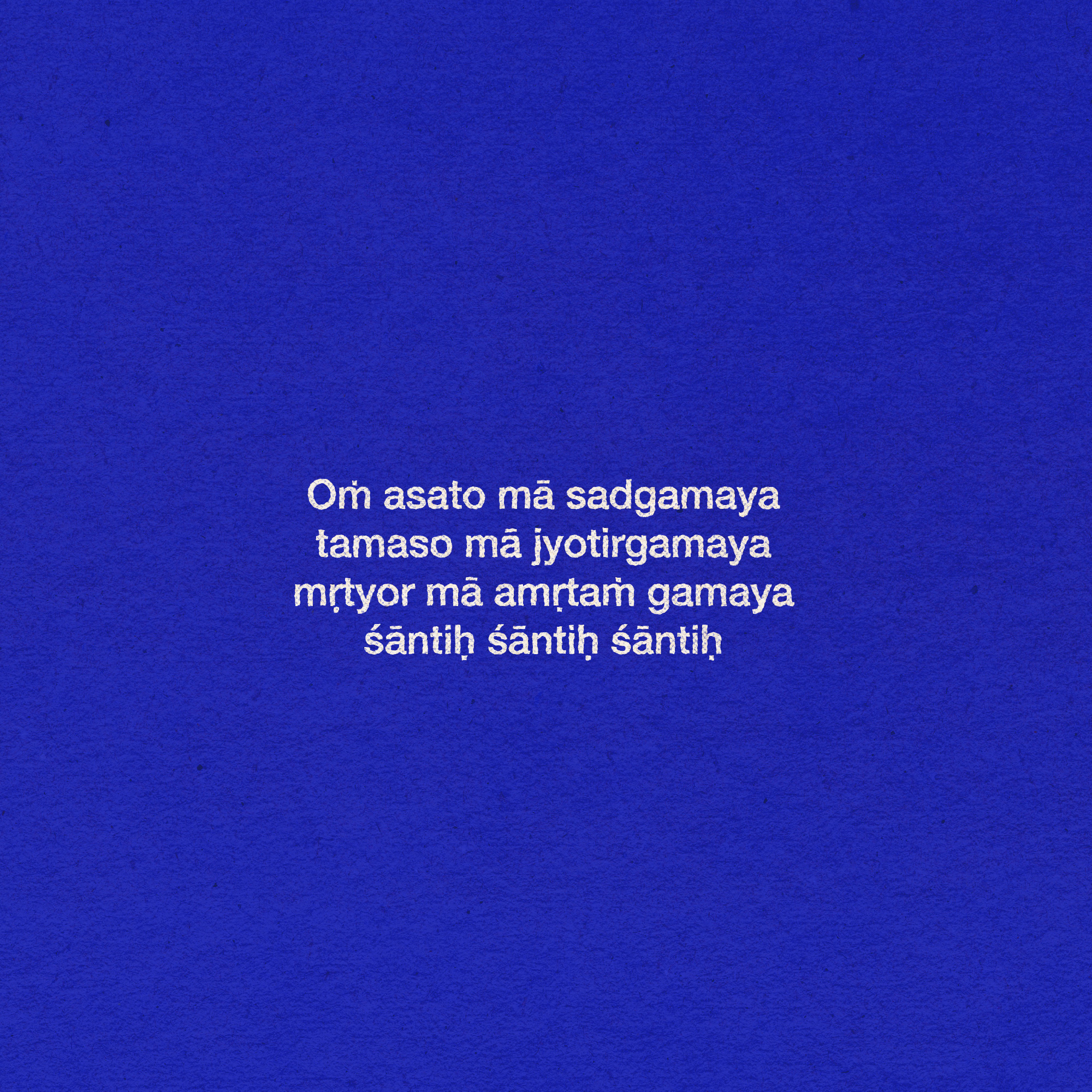
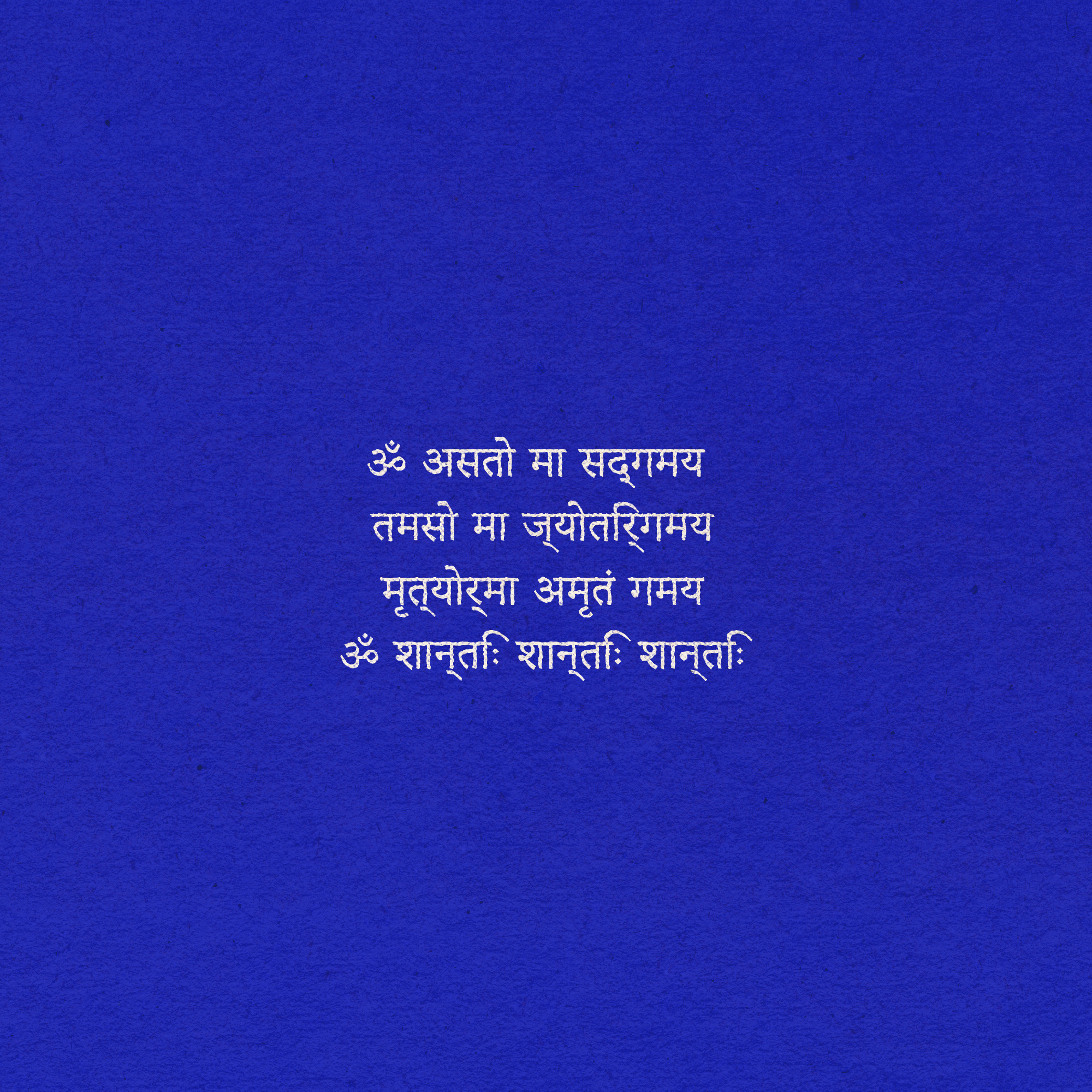
Universality
“Song for Peace” seems to be born from an archetypal source, with an intrinsic beauty and strength that becomes unique and universal at the same time. Faced with the complex scenario in which humanity finds itself, where human paradigms have been called into question, where love and unity have been constantly threatened by hatred and separation, “Song for Peace” rescues the ideal of Peace, the peace that begins within each human being, and it expands and multiplies through our hearts. The message, accompanied by the Vedic mantra “Om Asato Ma Sadgamaya”, encourages us in the search for Truth and Freedom, using Consciousness and Knowledge as instruments for liberating all Ignorance and Darkness that still dwell in our hearts. It is precisely because of its universality that the single’s cover was designed to dialogue with all people on the planet, reinforcing the message of Peace within each one and among all human beings.
The bird symbolizes the quest for peace and freedom, with the sun at its center acting as a compass that guides it toward enlightenment. Additionally, one can visualize light illuminating the face of a person in meditation, where the sun occupies the position of the bindi. The color white represents peace and light, while blue signifies planet Earth and the freedom of all beings.
Song for Peace, single, 2024 • Chandra Lacombe • LISTEN
Simplicity & Rhythm
The second single, “Krishna Govinda” delves back into simplicity, seeking to reveal its symbolic essence and universal power. To this end, we give up niche symbols that few are truly capable of capturing. This strategy has the purpose of removing the mystical or exoteric tone of the mantras and, perhaps, attracting the eyes of those who seek knowledge without necessarily giving in to an identity style or outfit, also making a parallel with Chandra’s creativity, which goes beyond the traditional structures mantras with musical experiments that make them more accessible and universal.
The cover composition features the keys of the kalimba, the Indian bansuri flute (an instrument traditionally played by Krishna), the moon (Chandra), and the peacock feather, which symbolizes Krishna Govinda. Saffron, a blend of golden-yellow and orange shades, is the most sacred color in Hinduism. It represents the fire that burns away impurities and purifies itself in the process. This color symbolizes purity, wisdom, and the quest for enlightenment.
Krishna Govinda, single, 2024 • Chandra Lacombe • LISTEN

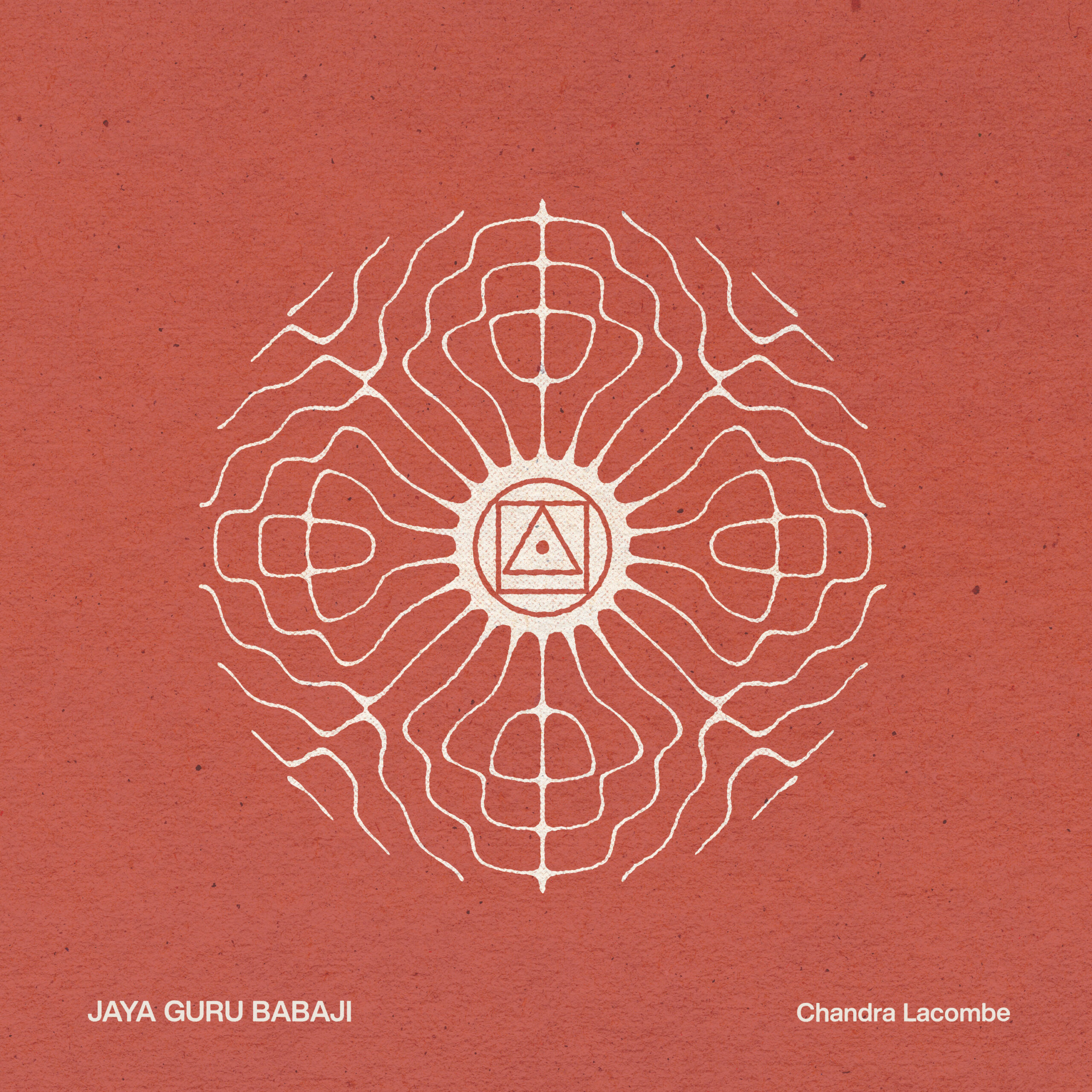
Sacred Geometry of Sound
Working silently, behind the scenes of the spiritual evolution of all humanity, Mahavatar Babaji has been guiding many spiritual teachers from afar, often without their own awareness. Paramahansa Yogananda revealed that it was Babaji who taught a powerful series of yogic techniques, known as "Kriya Yoga," to Lahiri Mahasaya around 1861, subsequently initiating many others, including Yogananda's Christ-like guru, Sri Yukteswar, about thirty years later. Yogananda spent 10 years with his guru before Babaji himself appeared to him, directing him to bring the sacred science of Kriya Yoga to the West.
Faced with the challenge of shaping the mantra "Jaya Guru Babaji" without using the Master's figure and, at the same time, continuing the visual language established in the singles "Song for Peace" and "Krishna Govinda," the approach for this single is anchored in the silent and invisible work of this great Master, who teaches and guides other Masters, visible and experiencing earthly life.
The artwork for the single features the Babaji yantra placed at the center of the sun, symbolizing how his light and teachings radiate outward. It also incorporates Cymatics art, which represents the geometry of vibration and the sacred geometry of sound. This creates a visual metaphor that captures the essence of how Babaji operates, while also resonating with the modular, danceable, and profoundly impactful sound of the music.
Jaya Guru Babaji, single, 2024 • Chandra Lacombe • LISTEN
© 2024 Fabio Issao. 山本功

